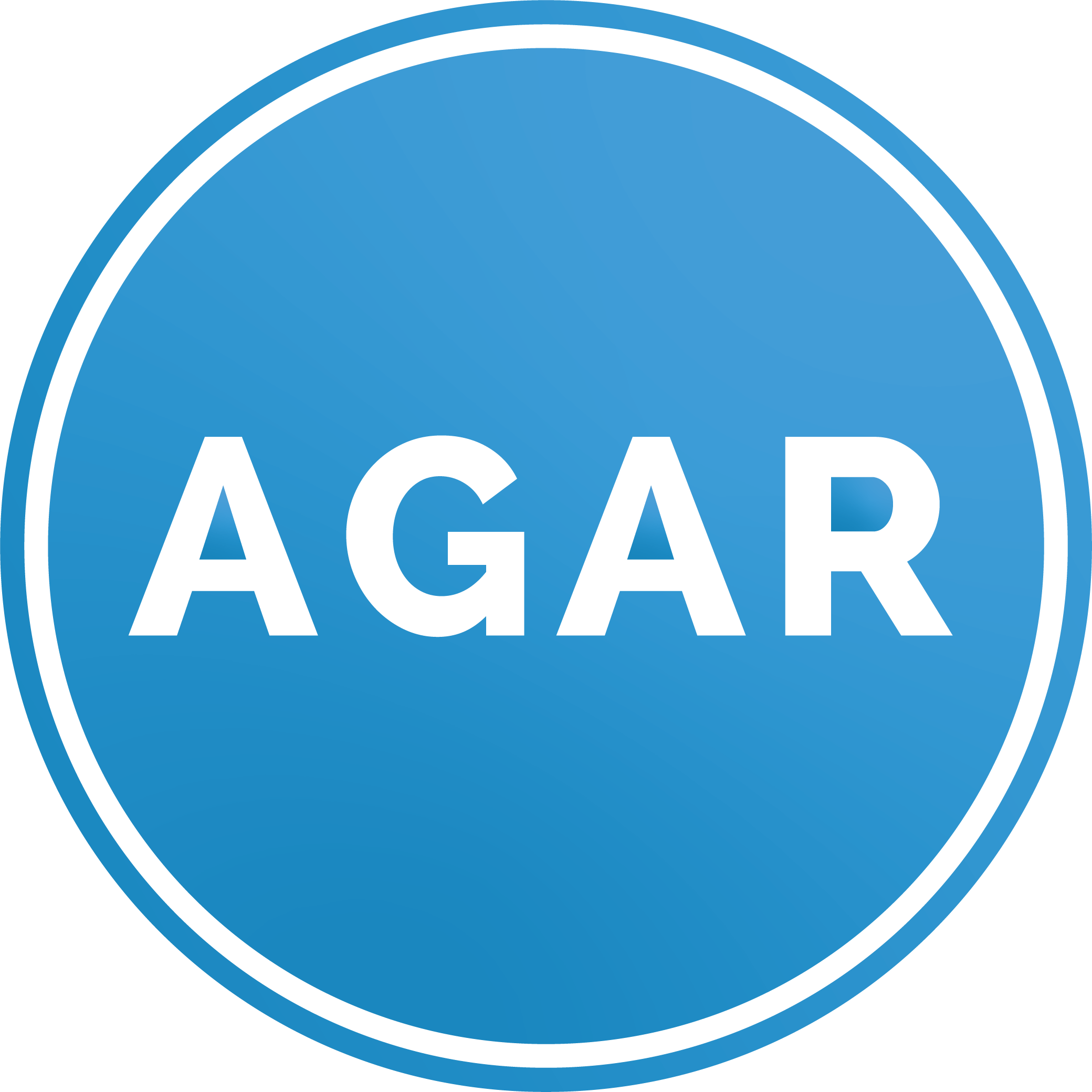Reputable employers want to support their employees and understand that equality is a human right. Many also recognise the economic benefits of inclusion: many research studies make the link to innovation, performance and job commitment. And of course, all employers are required by law to remove, reduce or prevent obstacles a disabled employee or job applicant may face, where it is reasonable to do so.
Neurodiversity encompasses a range of conditions including, but not limited to, dyslexia, dyspraxia, autism and ADHD. Getting inclusion right for neurodiverse employees, whose disabilities are largely invisible, requires commitment and effort at the best of times. Getting it right in the current uncertain climate, where social isolation and adjusting to the ‘new normal’ pose even more challenges, can seem harder still.
However, supported well, neurodiverse employees demonstrate exceptional skills in areas like lateral thinking, innovation and attention to detail. In the right environment they can then better manage some of the challenges they typically face, like processing a lot of information and managing distractions.
What can you do to enable your employees to work at their best, especially when they can sometimes seem ‘out of sight, out of mind’ at home?
- Ask your staff what they need in order to work at their best. Informal conversations with a genuine intention to understand can generate simple but effective solutions.
- Maintain regular communication. Neurodiverse employees have a higher than average risk of experiencing anxiety and depression. Find out from them what they need, how they would like to be supported and what their preferred method of communication is.
- Some people will need consistent working patterns, but others need more flexibility. Avoid significant change unless absolutely necessary, be crystal clear about what is involved and give people as much advance notice as possible.
- Whenever possible give plenty of notice when there are changes to meetings and preparation is needed. Similarly, discourage back to back calls and promote breaks between meetings and tasks to recoup, take stock and prepare for the next task.
- Due to sensory overload, neurodiverse individuals will not generally work at their best if they are spending a lot of uninterrupted time at a computer screen. Encourage small regular breaks away from the PC which allow the brain to ‘recharge and refresh’ by engaging in a different activity, preferably involving movement.
- ‘Video-call overload’ is tiring as the brainbecomes overwhelmed by unfamiliar excess stimuli whilst seeking non-verbal cues that aren’t visible. When eye contact is the dominant signal, it can feel threatening if held for too long. ‘Gallery view’ screens exacerbate the problem giving the brain even more work to do. Allow people to turn off their video and consider other forms of communication – e.g. a telephone call.
- Everyone is different. Appreciate that some of your neurodiverse individuals may actually welcome fewer face-to-face social interactions and report that as a result they are working more productively. Conversely, there are those who tend to thrive on social interaction, like dyslexic individuals: for them social distancing can be demoralizing and depressing.
- Bear in mind the situation at home. Like everyone, they may face problems if, for example, they are distracted by family members and/or trying to care for children.
Food for thought – is there anything listed above that you couldn’t potentially apply to anyone to work at their best? If you are interested in finding out more on the areas touched on in this `article, just get in touch.
Clare McNamara, Agar Management Consultancy – August 2020


